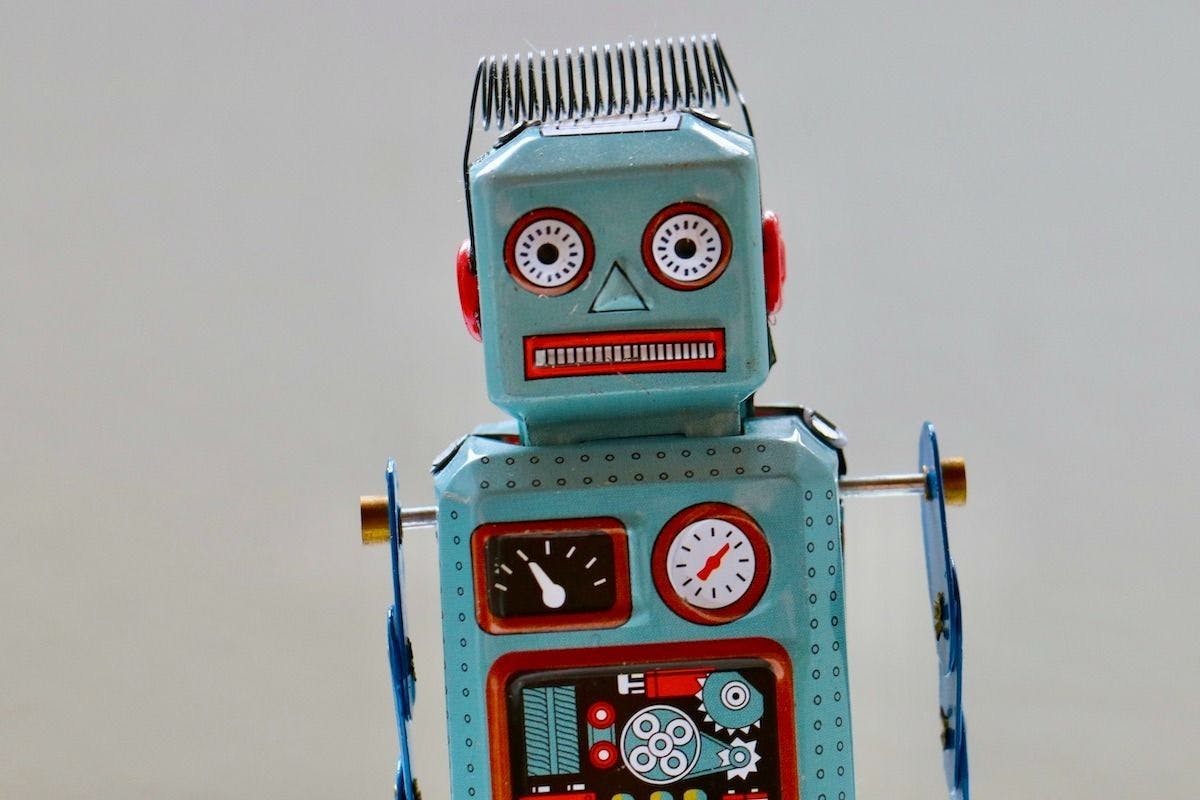Hasta La Vista, Humans: Robots Terminating Old Ways in Journalism?
,Robot journalism is not really a new phenomenon that came out of the blue. But while some cheer a near future where articles might be written by a bot, others are much more reserved letting machines take over the newsroom.
Though, the question of whether algorithms could one day take over essential roles in our society has been discussed for decades. As early as 1977 a software named Tale-Spin was introduced. It was „a program that writes stories by using knowledge about problem solving, physical space, interpersonal relationships, character traits, bodily needs, story structure, and English." Since then, robots have come a long way.
By now you might have read automatically generated articles without realizing it (such as this German sports article). If you want to see robot journalism live from Berlin, you can also check out the work of journalism robots covering air pollution for Berlin-based newspaper MoPo. The bots cover the level of air pollution in different Berlin streets–automatically generated and updated.
We can only imagine what impact this might have on journalism, for good or for bad. Turner and Hamilton (2009) point out: „In recent years, ubiquitous computation has transformed the landscape of journalism. It has undermined business models, rebalanced the relative power of reporters and audiences, and accelerated the delivery of information worldwide."
What does that mean for journalists?
Robot journalism is not new. Technology advances, however, have shown how easy it might be to assist or even substitute journalists by fully automating parts of journalistic processes, such as gathering information or verifying facts. Two prominent examples are currently working at the forefront of robot journalism:
- US-based company Narrative Science has worked on a program called Quill which „creates perfectly written narratives to convey meaning for any intended audience"–run by algorithms. The start-up teamed up with Forbes to „automatically generate online articles about what to expect from upcoming corporate earnings statements".
- Automated Insights, another company concentrating on robot journalism, publishes „nearly 10 stories a second" and started a cooperation with the Associated Press (AP) in order to help generate articles about the earnings of companies. Lou Ferrara, vice president and managing editor of AP stated that „instead of providing 300 stories manually, we can provide up to 4,400 automatically for companies throughout the United States each quarter."
Battle between humans and machines?
Currently, journalists carefully observe the new roles of algorithms and what impact this might have on their jobs. Advantages and disadvantages need to be considered.
On the one hand, enthusiasts point out the complexity of the work done by journalists and look forward to the way algorithms can assist during that process (e.g. by quick statistical analysis or by verifying content automatically). Especially when it comes to certain kinds of news, sports, finances or the weather report, robots can write summaries and generate an overview of current events much quicker than journalists. In that sense, robots can be used to further optimize journalistic approaches. Cleverly put to work, journalism's watch-dog role in societies can be strengthened.
On the other hand, critics fear the general role of algorithms in society. A world that is increasingly controlled by robots is in peril as information might be manipulated easily and nobody would be able to verify that anymore. Also, to hand over the journalistic authority to robots would mean that journalism is losing its watch-dog function. In addition to that, the hyper-individualized stories created by robots would further reinforce the filter bubble.
Questions remain: Can an algorithm write a better news story than a human reporter? And: What jobs will the robots take?
Unfortunately (or rather, fortunately?), I am not able to dissolve this dichotomy but it is probably just a question of time until robots will move from strictly data-based reporting to autonomous interpretation of what is going on in the world. Until then, to all the journalists out there, let's write some awesome stories–manually.
Author: Linda Rath-Wiggins (@lynda420)
